From Space, Whales Look Much Smaller
A weekly roundup of the best in science journalism, doodled.
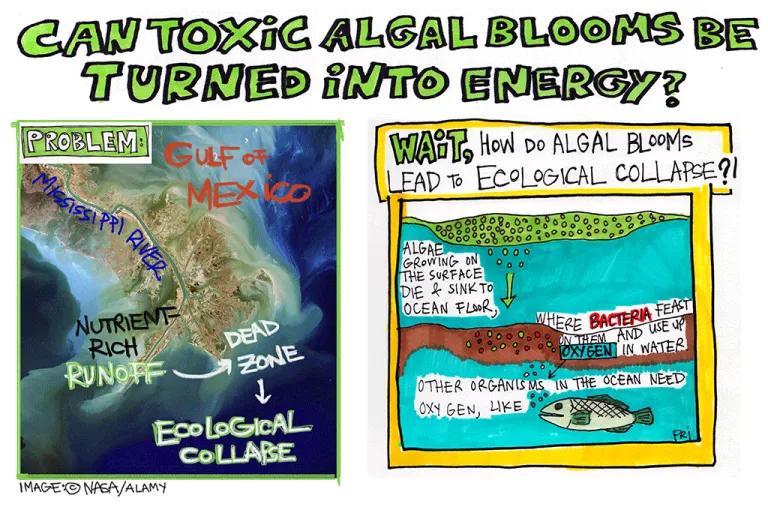
Someone told me that last week’s edition of Perrin’s Awesome Science Week was the most depressing thing she’d read in years. Environmental news, alas, can be like that. We’ve kinda botched the job of being responsible stewards of the planet, but hey, there’s no time like the present. So this week, I’m focusing on some potential answers to our problems. Here are a few ingenious ideas that humans have cooked up to improve our—and the earth’s—lot.
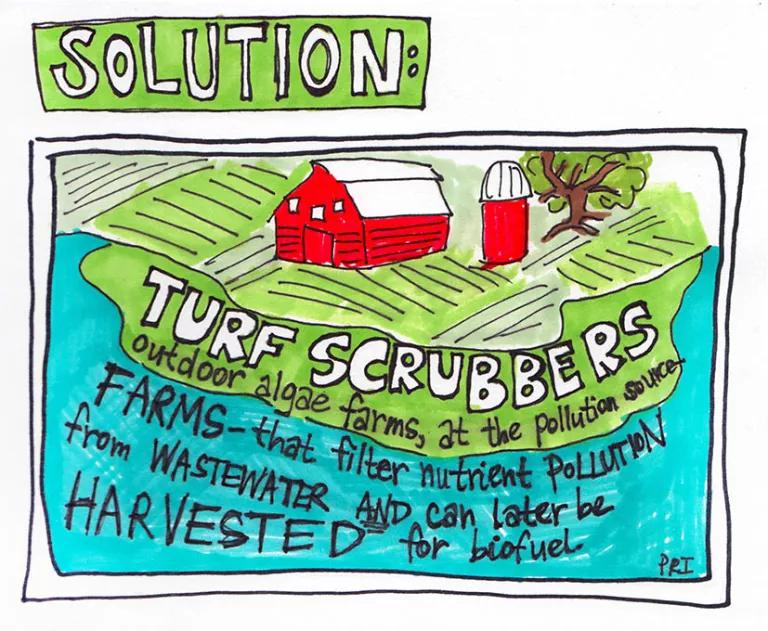
What if we could flip algal blooms on their heads to make them useful instead of harmful? Maddie Stone, who’s quickly becoming one of my favorite solutions-oriented science journalists, explores the prospect of turning toxic algal blooms into green—really green—energy.
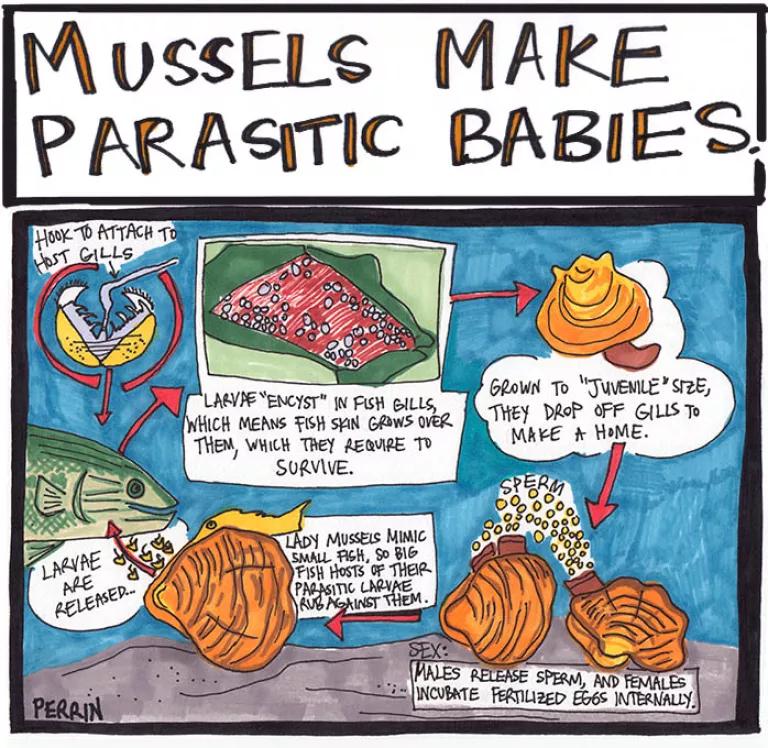
A list of things I didn’t know about mussels before I read this article about how reviving their endangered freshwater colonies can help clean polluted waterways.
1. America is a hotbed for mussel diversity, boasting 300 species in our rivers (65 percent of which will likely not live out the century).
2. Mussels have parasitic larvae that grow in fish gills, so protecting fish help mussels thrive, too.
3. Some mussel species live 100 years or more.
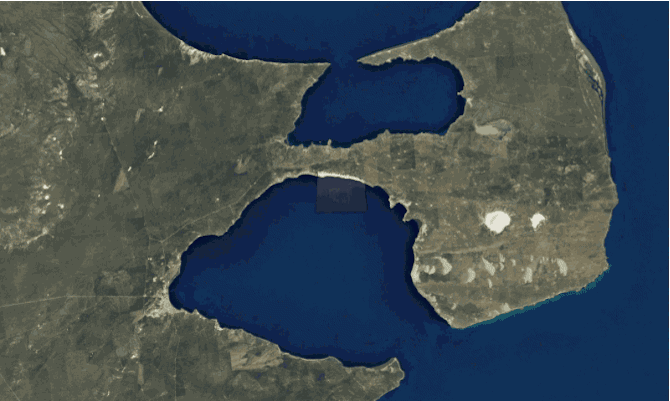
Satellite imagery can now identify two earthlings from space: elephants and whales. The technology could be really handy for conservation efforts—especially for whales, which are extremely hard to get population numbers on.
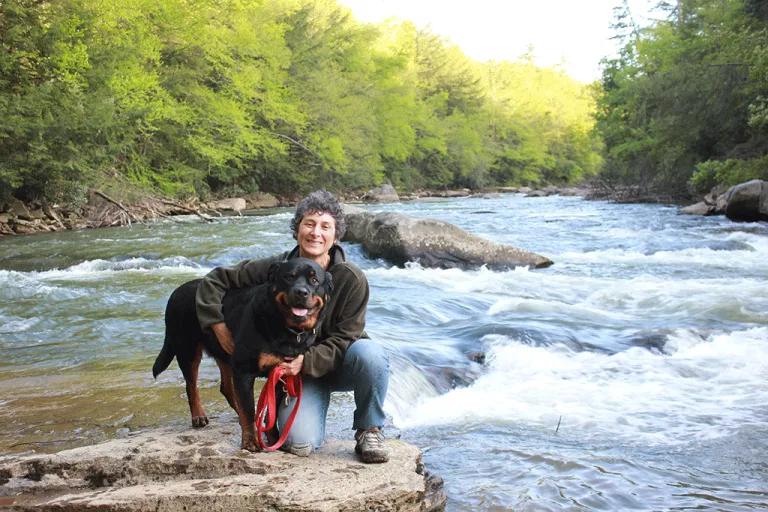
The U.S. Environmental Protection Agency announced a new restriction on the “probably carcinogenic” and widely used herbicide glyphosate, which is found in Roundup. This was welcome news to Jennifer Sass, a scientist in NRDC’s health program. “The more farmers reduce their use of pesticides like glyphosate,” she says, “the more we can protect people, wildflowers, and milkweed for bees and monarch butterflies.”
This article was originally published on onEarth, which is no longer in publication. onEarth was founded in 1979 as the Amicus Journal, an independent magazine of thought and opinion on the environment. All opinions expressed are those of the authors and do not necessarily reflect the policies or positions of NRDC. This article is available for online republication by news media outlets or nonprofits under these conditions: The writer(s) must be credited with a byline; you must note prominently that the article was originally published by NRDC.org and link to the original; the article cannot be edited (beyond simple things such grammar); you can’t resell the article in any form or grant republishing rights to other outlets; you can’t republish our material wholesale or automatically—you need to select articles individually; you can’t republish the photos or graphics on our site without specific permission; you should drop us a note to let us know when you’ve used one of our articles.

This Is How We Stand Up to Trump
Neonicotinoids 101: The Effects on Humans and Bees
What Biden Should Get Done on Day One (or Close to It)